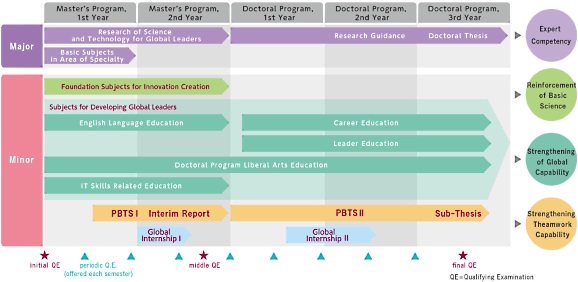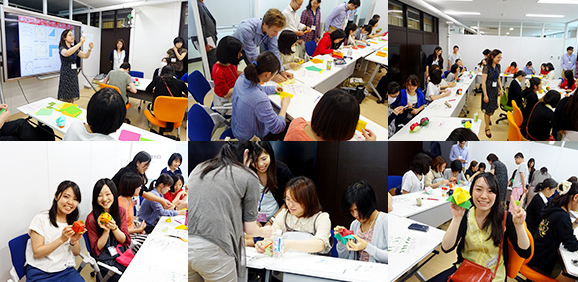Class List of Spring Semester 2019
“Essential Ethics for Global Leaders” will begin on April 9. This class is designed as one of the Doctoral Program Liberal Arts for “Minor Course of Science and Technology for Global Leaders”. The class is open to all master’s & doctoral students who want to be active in the international community no matter which major/minor course they belong to. The lecture will be conducted in English.
Theme & Objective
Key themes:
– Perfection & happiness, right & good (as ends of ethics/moral philosophy)
– Ethics as study and practice
– Old and new ethics
– Contemporary ethical problems
– Exercise of reason
Objectives:
– To understand the facts of morality
– To reflect on life in its moral aspects
– To rethink personal moral convictions
– To strengthen old and/or adopt new ethical principles
Message to Students
 Welcome to Essential ETHICS!
Welcome to Essential ETHICS!
Most people are sensible about behaviour and attitude. The task of ethics is simply to rectify conduct. Parents, teachers, maybe all of us attempt to teach ethics, yet, ethics is something that can be learnt, rather than taught. In this course we will survey a range of topics related to ethics as an essential driver for general, intellectual and scientific achievement. Together we will discuss ethically questionable behaviour, consumption, research, business, law etc., and learn from a variety of viewpoints.
This course will be conducted in English. The audience is any student concerned with « good » and « right ».
Lecture Outline
| Subject |
|---|
| Essential Ethics for Global Leaders [19S1014] |
| Number of Credits |
| 2.0 |
| Instructor |
| RAVENOR-YAMAMOTO, Roxanna (Project Lecturer of Ochanomizu University) |
| Target Audience |
| Graduate Students Undergraduate students can also attend. |
| Location |
| Graduate School of Humanities & Sciences Building R408 |
| Date & Time |
| Tuesday, Period 5-6 (13:20-14:50) April 9, 16, 23 May 7, 14, 21, 28 June 4, 11, 18, 25 July 2, 9, 23, 30 |
| Lecture Plan |
Each lecture will begin with a brief introduction on the scheduled topic, followed by discussions in relation to the topic.
|
| Out-of-class Learning |
| Apart from the time students will invest in their final presentation, this course requires no learning time outside the classroom. Students are encouraged to dedicate as little/much time outside the class as they deem necessary to fulfil their personal ethical goals. |
| Textbook/Reference |
| Try reading: Plato. (any edition). The Republic – 国家 (対話篇) Aristotle. 1857. Nicomachean Ethics – ニコマコス倫理学 |
Registration
Registration Period: Tue., April 9 through Mon., April 22
If you cannot register during above period, please contact Academic Affairs Office in Student Affairs Building.
*For undergraduate students, please contact Leading Graduate School Promotion Center.
Contact
Ochanomizu University Leading Graduate School Promotion Center
Tel: 03-5978-5775
E-mail:





